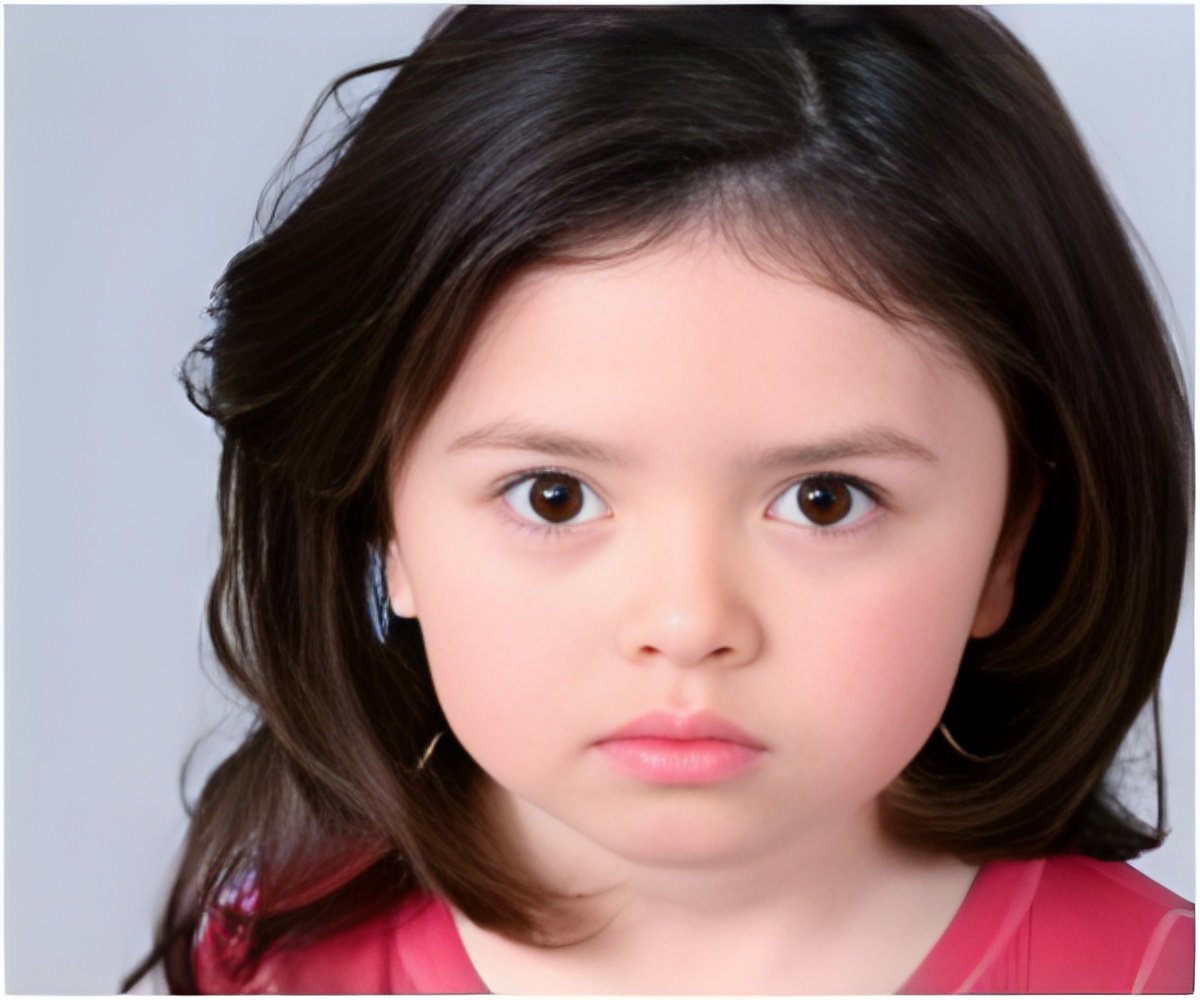Common childhood psychiatric disorders are costly and a source of great distress for the child because it may affect their entire lifespan.

According to the results, participants with a childhood disorder had six times higher odds of at least one adverse adult outcome, compared with those participants with no history of psychiatric problems, and nine times higher odds of two more outcomes.
Participants with childhood psychiatric disorders and those with subthreshold problems in childhood, made up close to 80% of participants with adverse adult outcomes and close to 90% of participants with two or more adverse adult outcomes, the results also indicate.
The study concludes that common childhood psychiatric disorders are costly and a source of great distress for the child. These common early disorders are often associated with a disrupted transition to adulthood, even if the psychiatric problems do not persist into adulthood and even if the problems do not meet full criteria for a psychiatric disorder. Also, with each additional exposure to childhood psychiatric problems, the prognosis becomes direr.
The research is published in the Journal JAMA Psychiatry
Source-ANI









